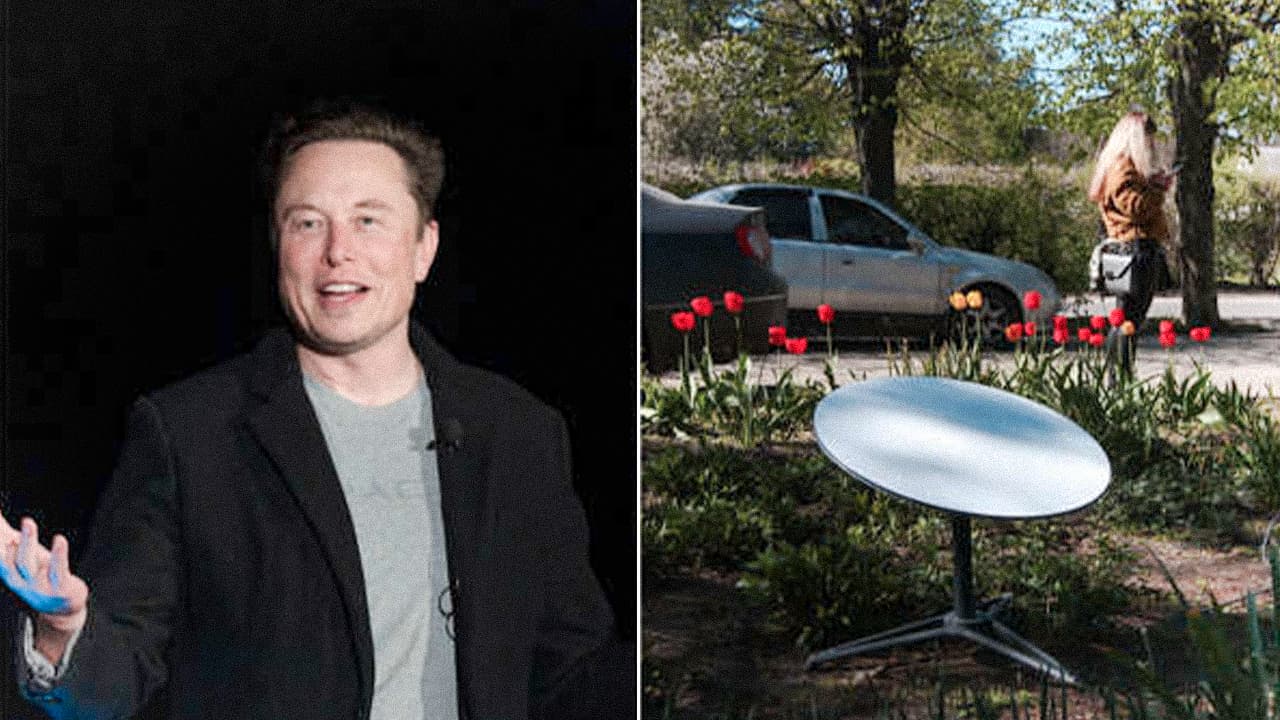Elon Musk said SpaceX would add a donation option to Starlink for areas in need of the Internet SpaceX was burning $20 million per month to maintain Starlink in Ukraine.
The CEO has hit back at Ukraine’s refusal to fund Starlink. According to CEO Elon Musk, SpaceX plans to donate money to its Starlink satellite internet service for areas where people need broadband access.
The billionaire’s remarks were in response to a tweet by Haim Serunjogi, CEO of fintech Chipper Cash, who said he was ready to donate Starlinks to schools and hospitals in Uganda. ?” Musk wrote in a Twitter post.
Six minutes after posting, the post garnered thousands of likes and Musk retweeted: “Okay, we’re adding a donation option to Starlink. The Starlink donation plan comes after Musk expressed how satellite Internet networks make money. continue to lose, especially after the invasion of Russian aid to Ukraine earlier this year.
CNN reported Thursday that SpaceX asked the Pentagon to pay for Starlink in Ukraine because the company could not afford it. SpaceX estimated in a September letter to the Pentagon that running Starlink in Ukraine would cost more than $120 million for the rest of 2022 and about $400 million over the next year.
Musk said Friday in response to a Twitter thread that referenced a CNN article that it was “unfair” for SpaceX to pay indefinitely for the existing Starlink network in Ukraine, a country with more than a thousand data usage. On top of sending internet terminal. He also tweeted that SpaceX was burning about $20 million per month to maintain Starlink in Ukraine.
The next day, Musk made a U-turn on his plea for help, suggesting that SpaceX would continue funding Starlink in support of Ukraine during the war with Russia. “SpaceX will continue to finance the Ukrainian government for free, even if Starlink continues to suffer,” he said.
Designed to provide internet to rural locations, SpaceX also distributed 120 Starlink internet kits in southwest Florida in the aftermath of Hurricane Ian, according to Gov. Ron DeSantis. Other plans include using Starlink to provide Internet to a remote 3,000-person Indigenous community in Canada.
